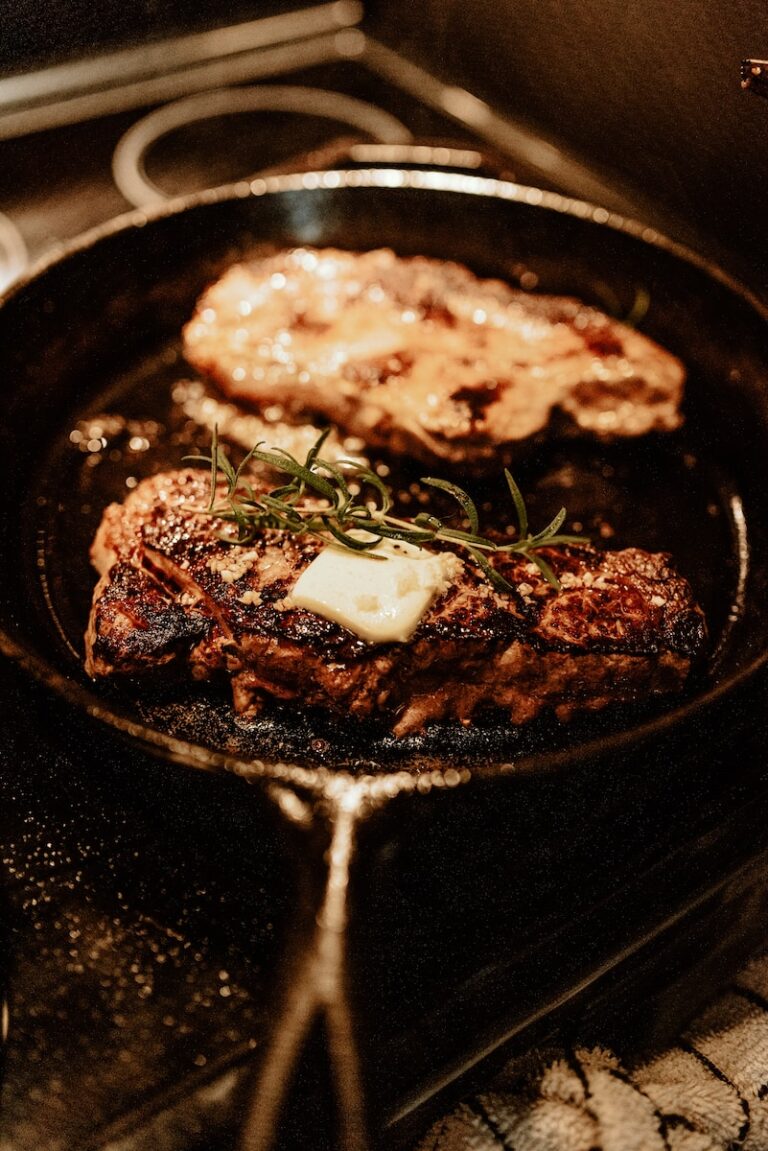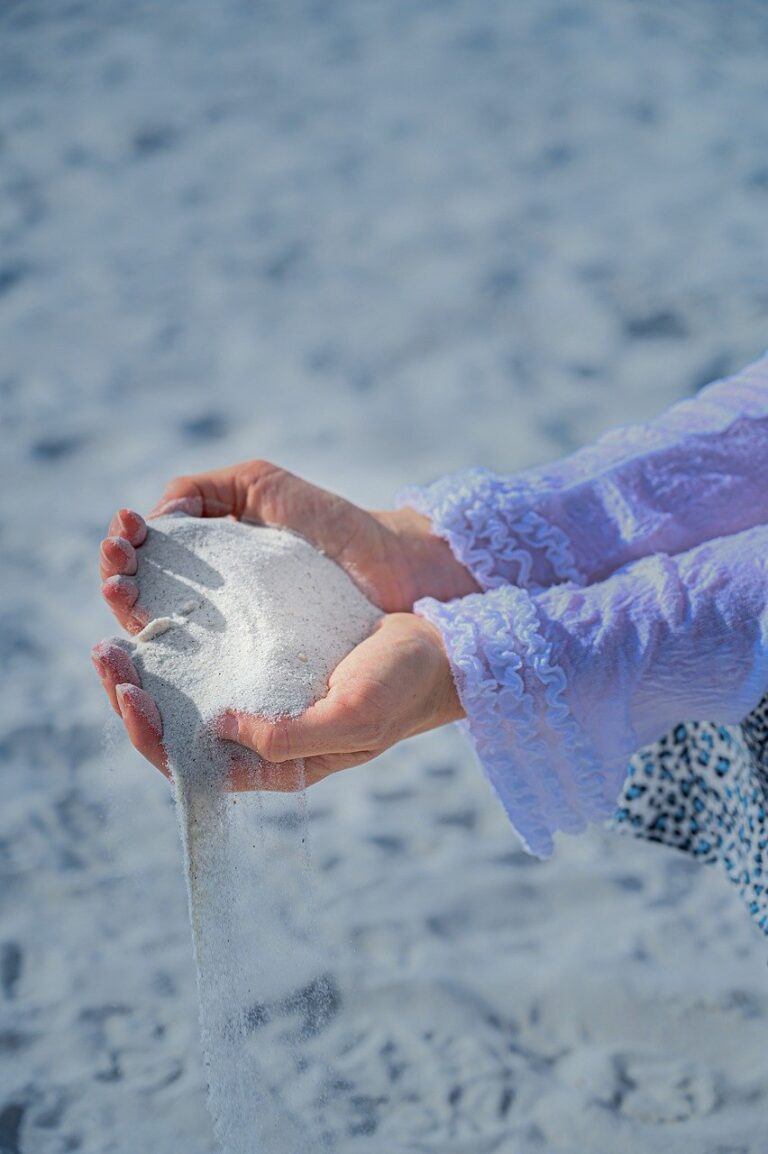It is always good practice to familiarise yourself with the local customs before visiting a part of the world that is new to you or is wrapped up with stereotypes. This also holds when visiting a Muslim country. It can be easy to be caught up in the negative narrative that has been displayed in the world about Muslim countries.
Like most things in life, what better way to understand something than to experience it for yourself genuinely.
Be and Dress Modestly
To kick in the door right away, as a rule, it is always recommended to dress modestly in Muslim countries. It might be that some Muslim countries are used to tourists and do not mind more revealing outfits, but still, the rule applies dress modestly. For example, visiting Istanbul, you might find that you do not have to change the way you dress, but visiting smaller towns/villages in Turkey is recommended to dress modestly.
Some Muslim countries do not mind foreign women not wearing a headscarf, and some do, so it is recommended before you visit to find out. Furthermore, always carry something with you which allows you to cover up; you never know where your adventures may lead you. It is always better to have it and not need it than to need it and not have it.
Tip: Take inspiration from the local woman; you might be pleasantly surprised.
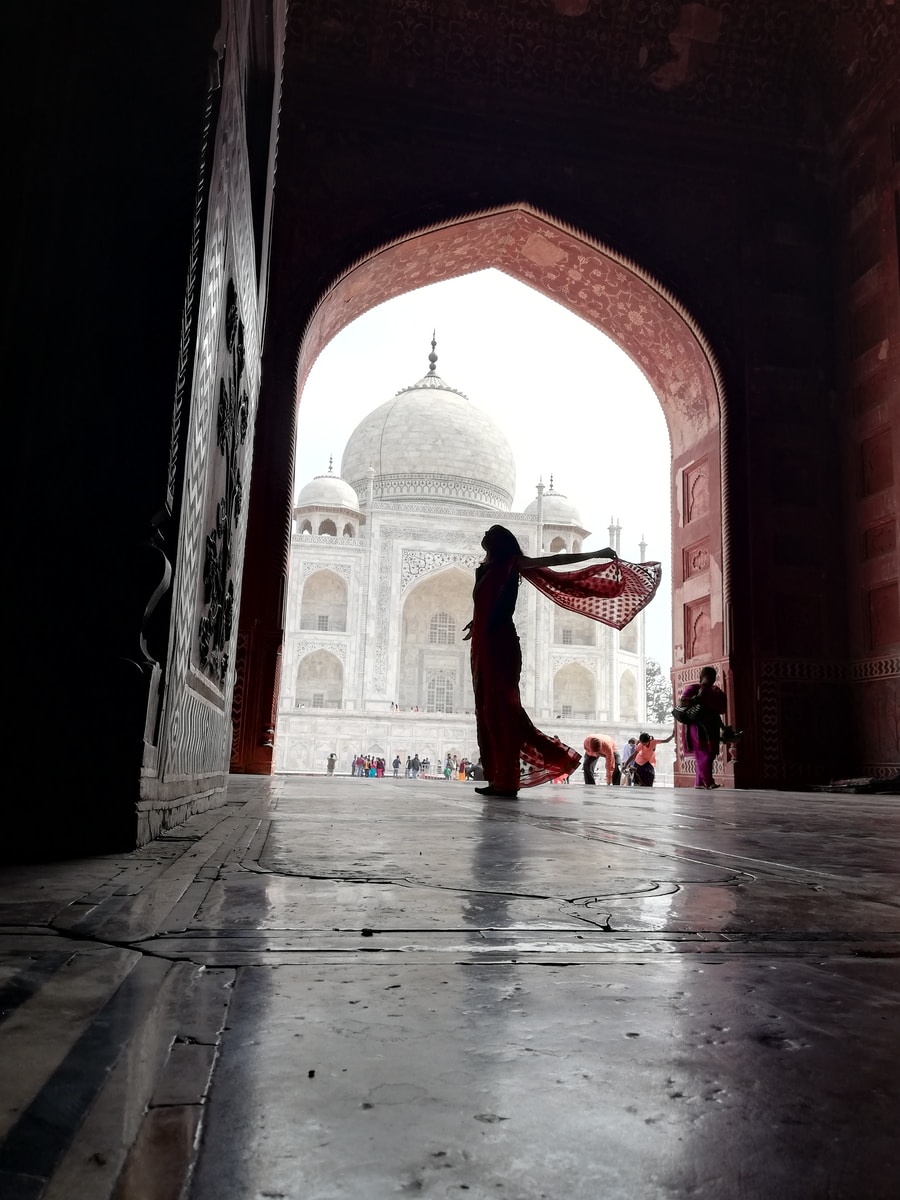
Segregation
It might be jarring to see gender-based segregation in restaurants, public transportation, schools, and even homes in some Muslim countries. Like many things we have discussed thus far, this is also something that is not prevalent throughout the Islamic world. Ensure that you inform yourself about the Muslim country you plan to visit to avoid being caught off guard.
Interactions Between Men and Women
For someone coming from a western or non-Asian country, the interaction between men and women might look cold or even non-existent. This might have the appearance to be accurate, but it is, thankfully not. It is not proper etiquette in most Muslim countries to be overly affectionate to the opposite sex in a public setting. For those that are used to greeting people with hugs and kisses, such as South Europeans do when there is no pandemic around, you have to be mindful of the local customs as they might be much more modest than you are used to. This is especially true when meeting strangers.
So then, what do you do? Go to the classics, greet with a smile and a nod of the head; usually, that will suffice.
Note: Men do not usually reach out to shake a woman’s hand unless she initiates it. But keep in mind that even if you initiate the action to shake a man’s hand in some countries, it might be ignored or politely refused. Be assured this is not meant as an offence, and there are merely following their local costumes. In those undoubtedly awkward situations, just go back to the classics, just smile and node.
In the Mulsim majority countries, it is considered indecent for unmarried couples to share a hotel room. People do and can get away with it. Locals often assume that if you’re travelling as a couple or married, it’s best to play along.
Note: In the more conservative part of the world, you can get into trouble if they find out that you are not married to your travelling companion.
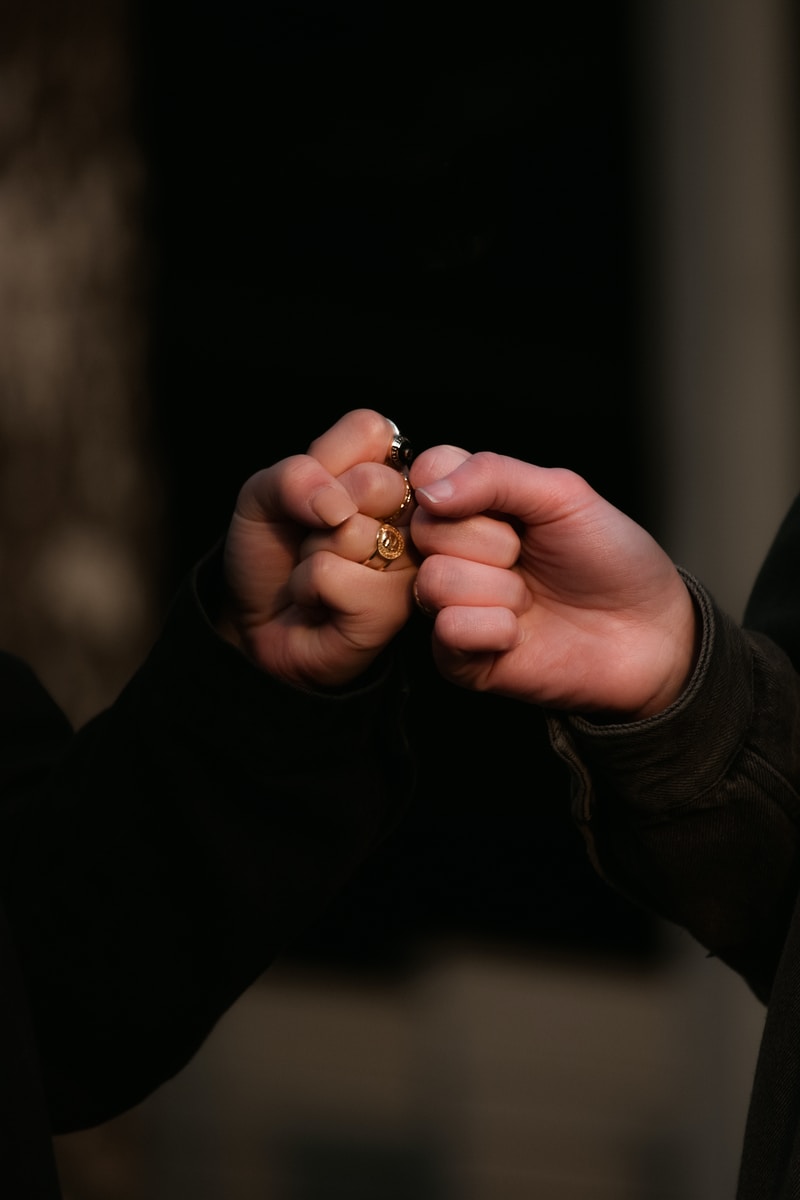
Visiting a Place of Warship
When travelling through a Muslim country, you might notice the abondance of mosques (Masjid). Mosques often reflect the size and needs of individual Muslim communities, as their members all worship together on Fridays. Historically mosques have been at the centre of education and intellectual life.
Inscriptions from the Qur’an adorn the interiors and exteriors of mosques, establishing a solid link between scripture and the place of prayer. Mosque decoration rarely includes human or animal forms, which are seen as potentially idolatrous. Instead, geometric, floral, vegetal, and calligraphic designs adorn mosques, symbolically recalling the promise of Paradise.
As mosques are an important religious and cultural cornerstone of the local communities, they take great efforts in guarding their sanctity. No matter how big or small the mosque is, they are still open and welcoming to everyone from all walks of life, even tourists. Make sure that you reciprocate their hospitality by respecting their place of worship and communal gathering. Do not worry; this can be done by following the following two considerations:
- Remove your shoes before entering the mosque, and this is to keep the mosque as clean as possible.
- Dress modestly by making sure that your arms, legs and head are covered adequately. This does not mean that you need to be covered from head to toes with only your eyes showing.
Note: Some of the Mosques often visited by tourists provide women and men with an abaya (loose over-garment) to help them cover up before going inside. For example, when visiting Hagia Sofia in Istanbul, Turkey.
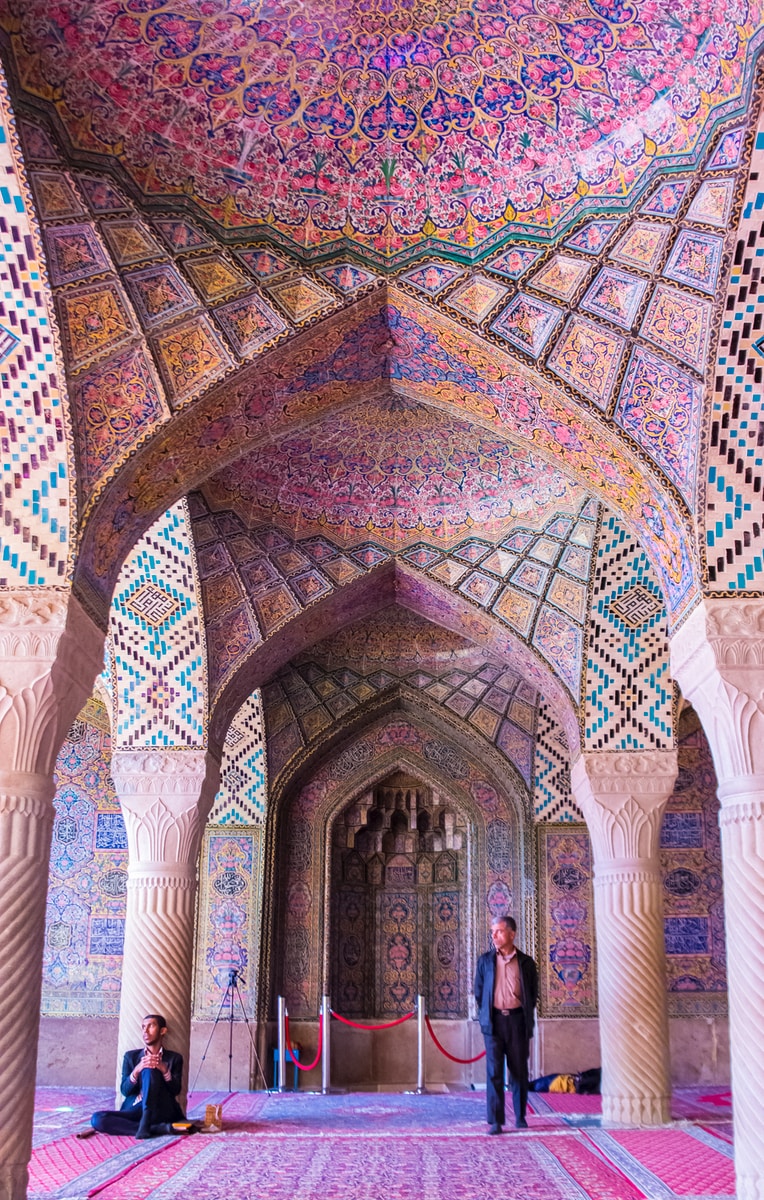
Prayer Times
Muslims are obliged to pray five times a day no matter where they are. Whether offices, malls or restaurants, most establishments can be closed or less efficient around prayer time. Friday prayers are the most important for Muslims, and most men and women will go to the mosque for their prayers. It is advisable to consider this when planning your day, especially on Fridays. Furthermore, be understanding when your Muslim friends or colleagues are not available because they are praying.
Attitude Towards Women
Despite the homogeneous description of the Islam world in the media, especially in the west, the countries themselves have wide-ranging cultures and laws that govern daily life for their citizens. This also means that the cultural attitude towards women can differ widely depending on the country in question and their interpretation of Islamic law. For example, Muslim countries in Southeast Asia, such as Malaysia and Indonesia, are comparatively more liberal than Middle Eastern and African Muslim countries regarding women and their place in society. In strict countries such as The Kindom of Saudi Arabia, women are very limited in their independence. Just a few short years ago there were finally permitted by law to have a drivings licence. These limitations on women are not prevalent in most Muslim countries such as Malaysia, Indonesia, Iran, etc. You see many women out and about, with or without a hijab/headscarf, working and driving alongside men outside the home.
Note: Irrespective of the country, make sure that you respect the local laws. This is not any different when visiting a Muslim country.
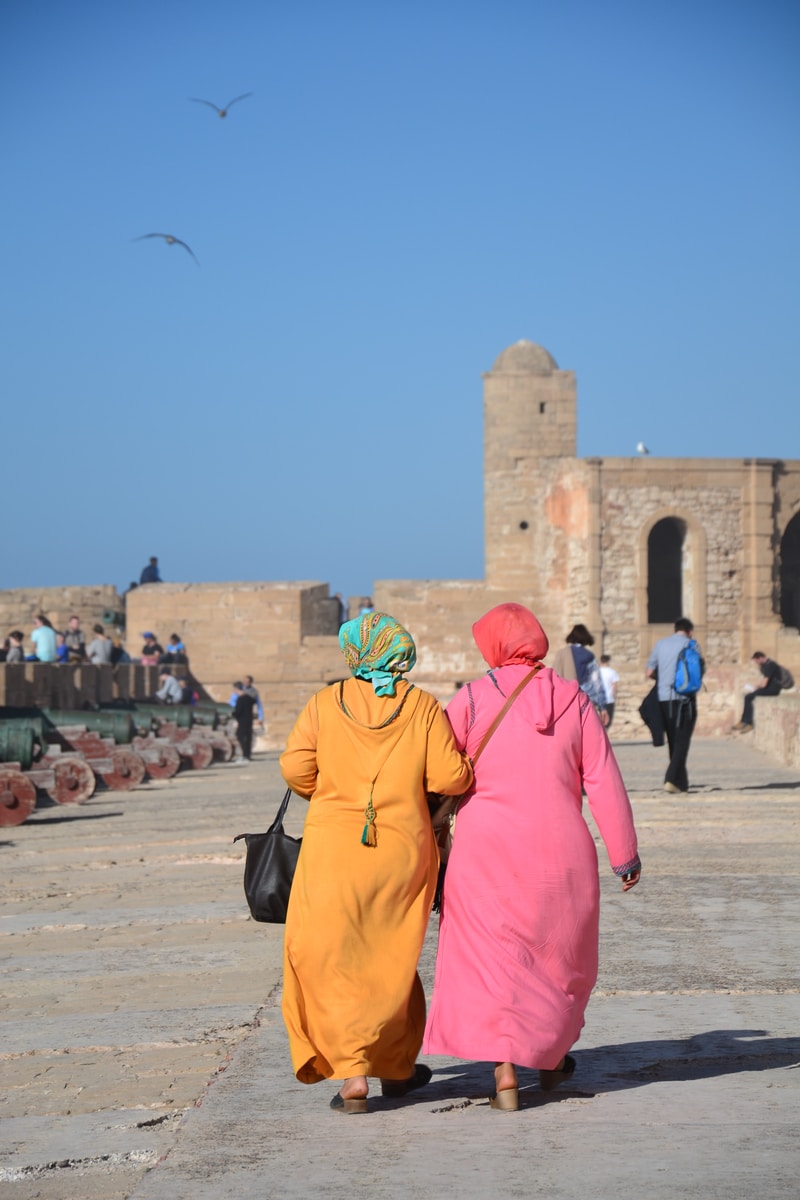
Friday and Saturday Weekend
The Saturday and Sunday weekend is not as universal as we might think. The same goes for the Monday blues. As Friday is an important day in Islam, some Muslim countries have a Friday-Saturday weekend, with Sunday marking the first day of the week.
It is important to note that not all Muslim countries follow this. Make sure to inform yourself of which is the case in your specific destination. You want to avoid planning something on a day when everything is closed.
Food & Drink
Halal is an Arabic word meaning lawful or permitted. In reference to food and drink, it is the dietary standard, as prescribed in the Qur’an (the Muslim scripture). The opposite of halal is haram, which means unlawful or prohibited. Although it is often used in reference to food, it can also refer to other unlawful acts in Islam such as stealing, corruption, etc. In most Muslim countries, you will only find Halal food and drink, which means no pork, alcohol, or other food/drink deemed Haram. However, in Muslim countries with a strong multi-religious presence, such as Malaysia and Indonesia, it would be easy for you to get your Haram food fix at any non-Muslim restaurant or business. Some Muslim majority countries even produce their own well known alcoholic beverages, such as Egypt and Jordan.
A Night on the Town
It might be surprising that more cosmopolitan cities in the Islam world have some of the most lively night scenes. Some cities can easily go toe to toe with cities in Europe or the US known for that. Nevertheless, the challenge is to inform yourself, no matter how cosmopolitan the city, in which part of the city is drinking, dancing and staying out till the morning hours accepted and in which parts it is not.
Note: When inviting a Muslim friend or colleague to an establishment where alcohol is served make sure they are fine with being there., Furthermore, when visiting a Muslim home, take as a rule of thumb not to bring alcohol to their home. It is safer to assume that they do not drink alcohol. Just to avoid a possible awkward visit.

